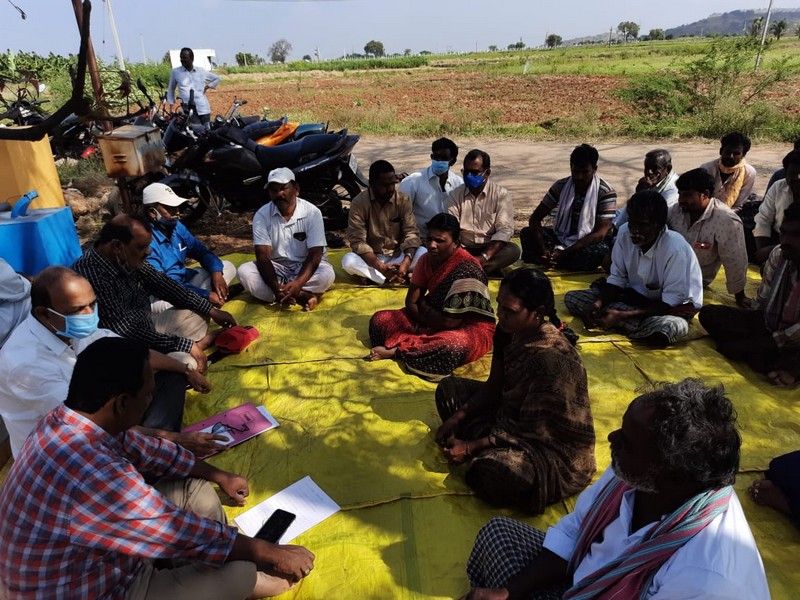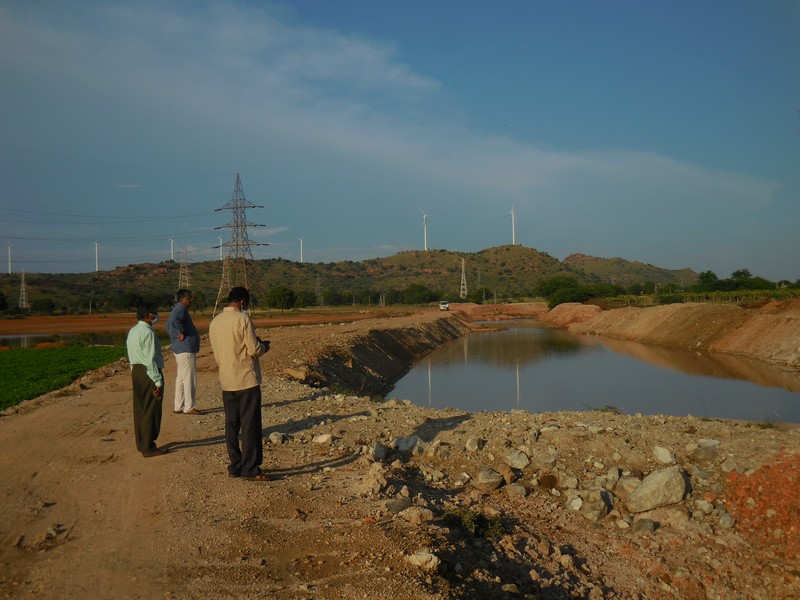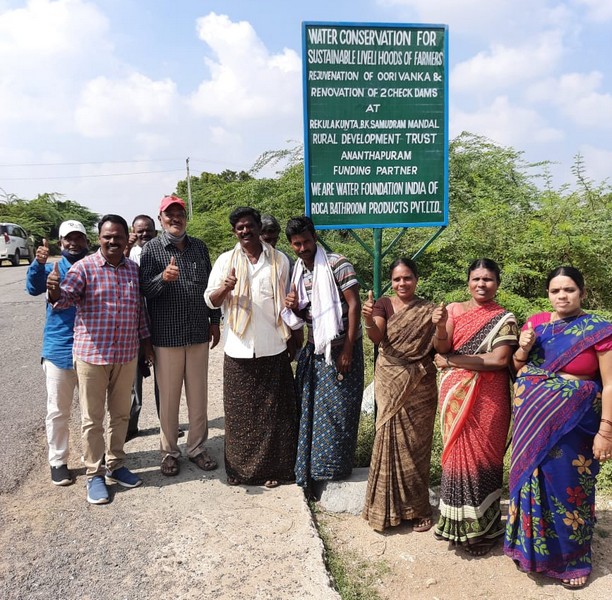Rekulakunta village, Ananthapuram District, Andhra Pradesh , India
In collaboration with

March 2021 – December 2021
We recover groundwater to help small farmers impoverished by drought and provide them with knowledge for its conservation.
Objectives
- To improve the livelihoods of drought affected farmers by enhancing the ground water conditions .
- Enhancing knowledge among the farmers.
- To help them for the development of agriculture.
- Bringing additional land of about 50 acres into irrigated cultivation.
Beneficiaries
2,035 direct
320 children under 15 and 848 women.
1,600 indirect
800 children under 15 and 400 women
The labour force who is getting employment through this project and their family members.
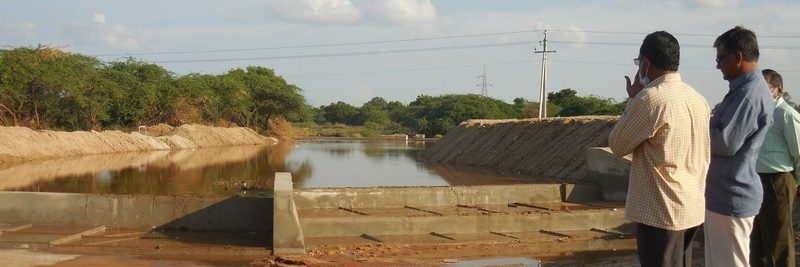
On the ground
Farmers are impoverished and in debt from consecutive droughts and declining water tables.
Water is a critical input essentially required for agricultural production and plays an important role in food security. Irrigated agriculture represents 20% of the total cultivated land and contributes 40% of the food production.
Due to the impact of climate change often fluctuations are taking place in not only the quantity of rainfall, but also the time. Untimely rains are often occurring, resulting in failure of crops. Droughts and floods have become common phenomenon in the country.
Ananthapuram district, in the state of Andhra Pradesh, is the driest district in the country next to Jaisalmer in Rajasthan. The average rainfall is only 500 to 550 mm per annum. Even this rainfall is very unpredictable.
About a decade ago, this district was one of the largest producer of groundnut under rain fed cultivation. Due to consecutive droughts, the rain fed cultivation has decreased drastically year by year. So, the farmers have no option except shifting to irrigated cultivation in small extents. Since river water is not available sufficiently, they depend on the bore wells for irrigating their lands. But, due to low and unpredictable rainfalls, the bore wells are not able to cater the needs of farmers as, the water table is continuously decreasing. Several farmers lost their money for drilling the bore wells and their indebtness gone up. Some of the farmers are committing suicides also due to the stress of the indigenous loans.
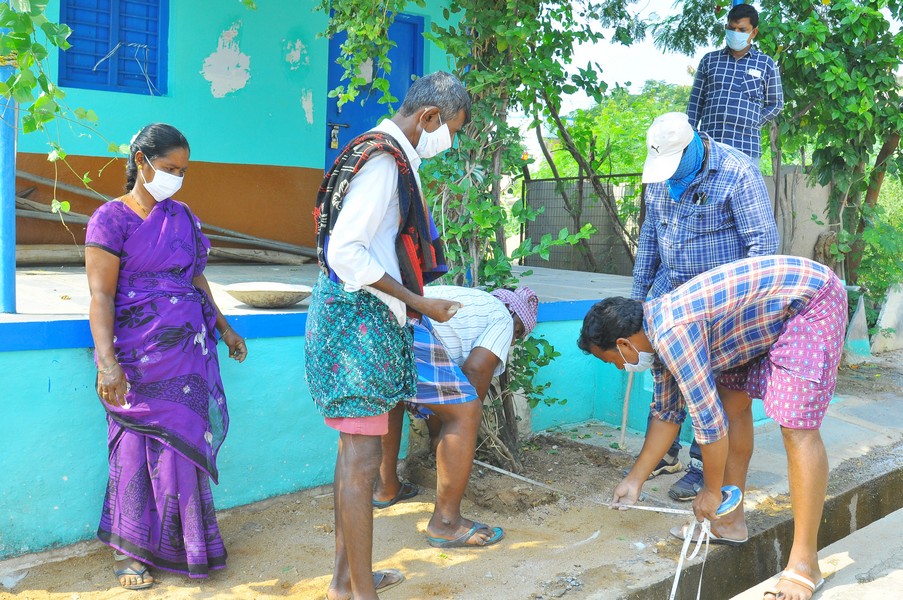
EIn detail
The project has been implemented by the Ecology Sector of RDT / Vicente Ferrer Foundation through its Civil Engineers and Subject Matter Specialist under the supervision of Technical Director and the administration of the Director.
No Civil Contractor has been hired to achieve better quality and make it more cost effective. The Engineer under the guidance of Subject Matter Specialist and Technical Director has implemented the project by involving the members of Eco Development Committee. The importance has been given to maintain the quality of work. Hence, the structures are considered to be long lasting.
Prospects for sustainability
Meetings and workshops will be organized to improve knowledge among the beneficiaries. Once completed, the project was handed over to the Ecological Development Committee through the due certificate for future maintenance and thus make it sustainable. In addition, the RDT / Vicente Ferrer Foundation continues to work in this village and interested staff will provide effective follow-up and support in the post-project period.


